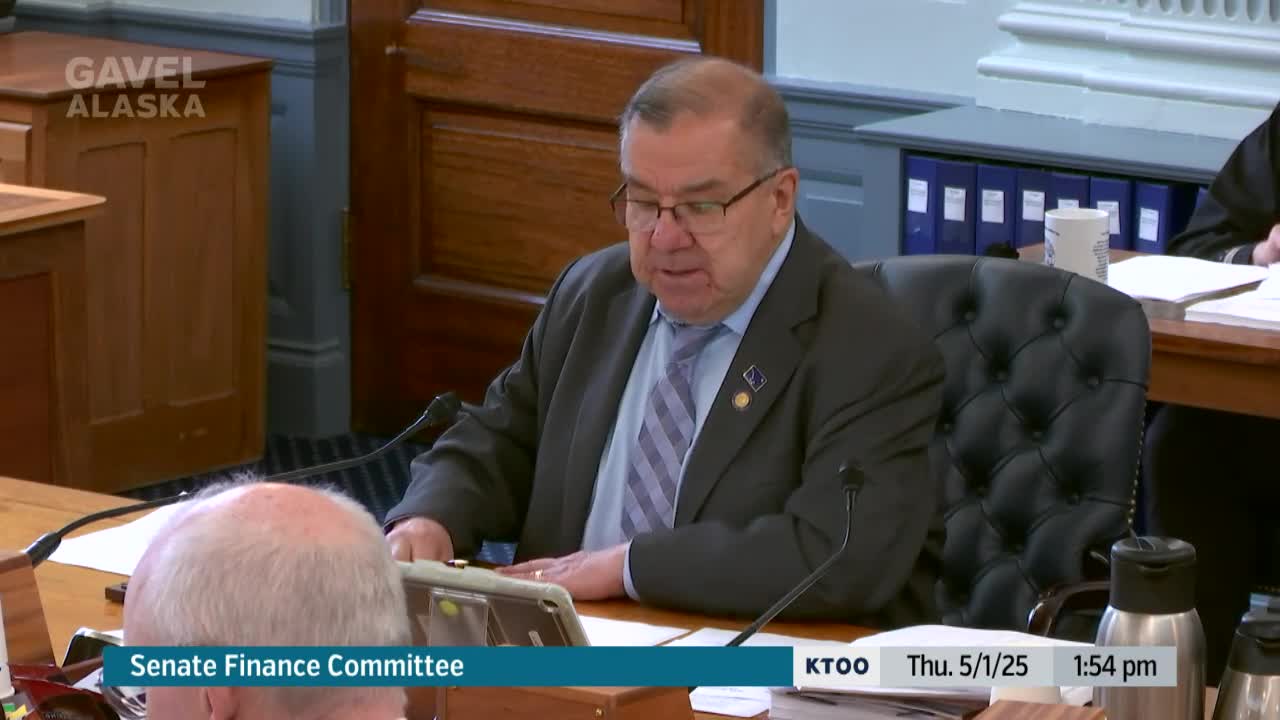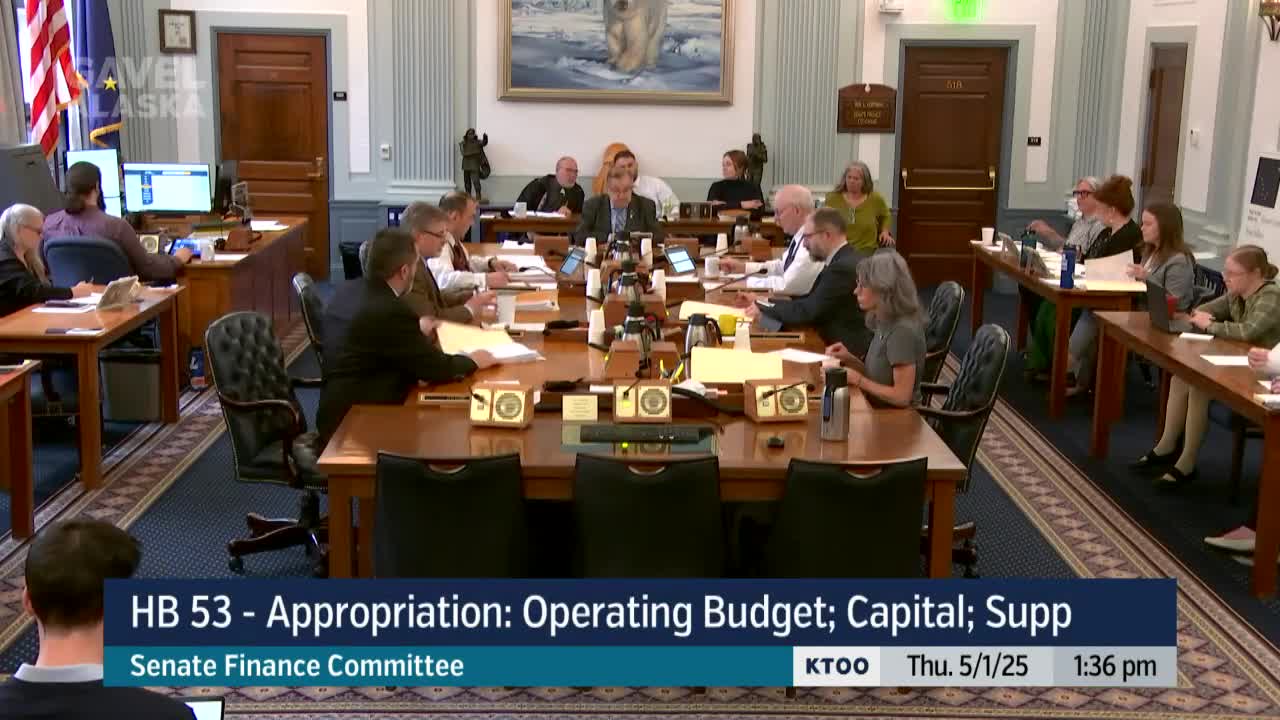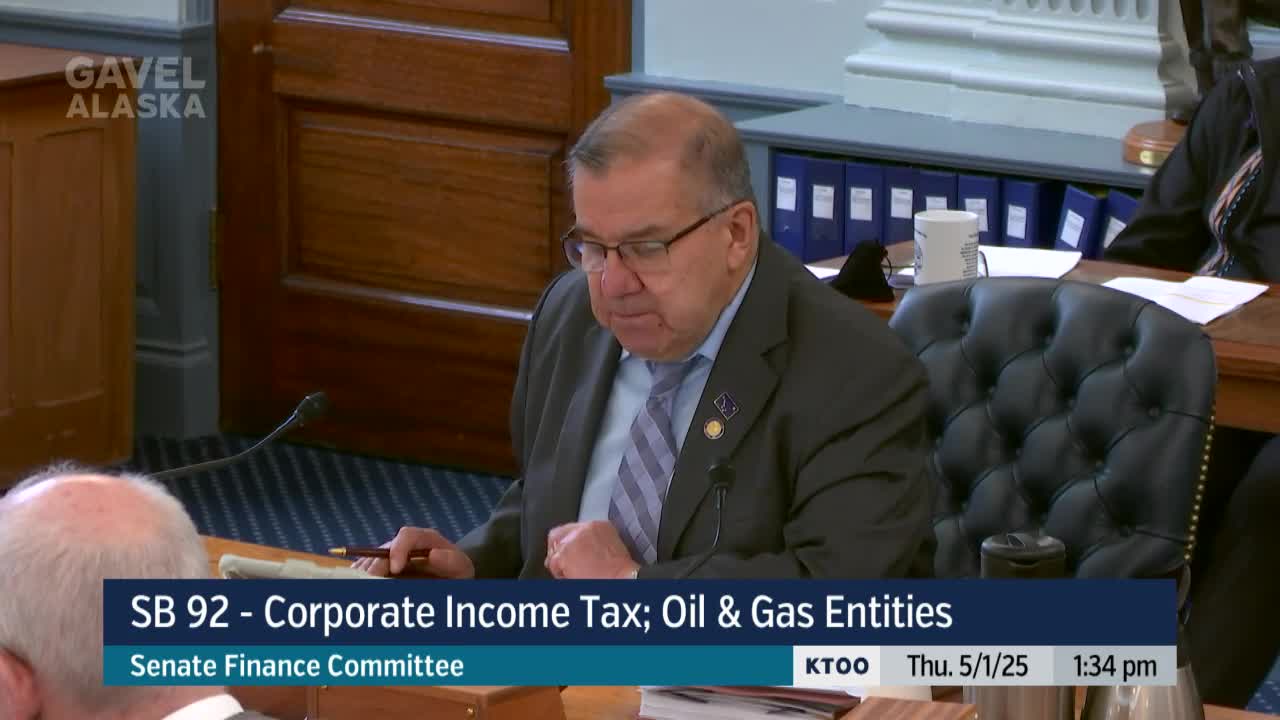Article not found
This article is no longer available. But don't worry—we've gathered other articles that discuss the same topic.

Senate finance committee adopts mental health budget substitute, shifts funding and adds crisis call‑center receipts

Finance committee adopts HB 53 substitute with multiple operating supplementals, sets bill aside for final action

